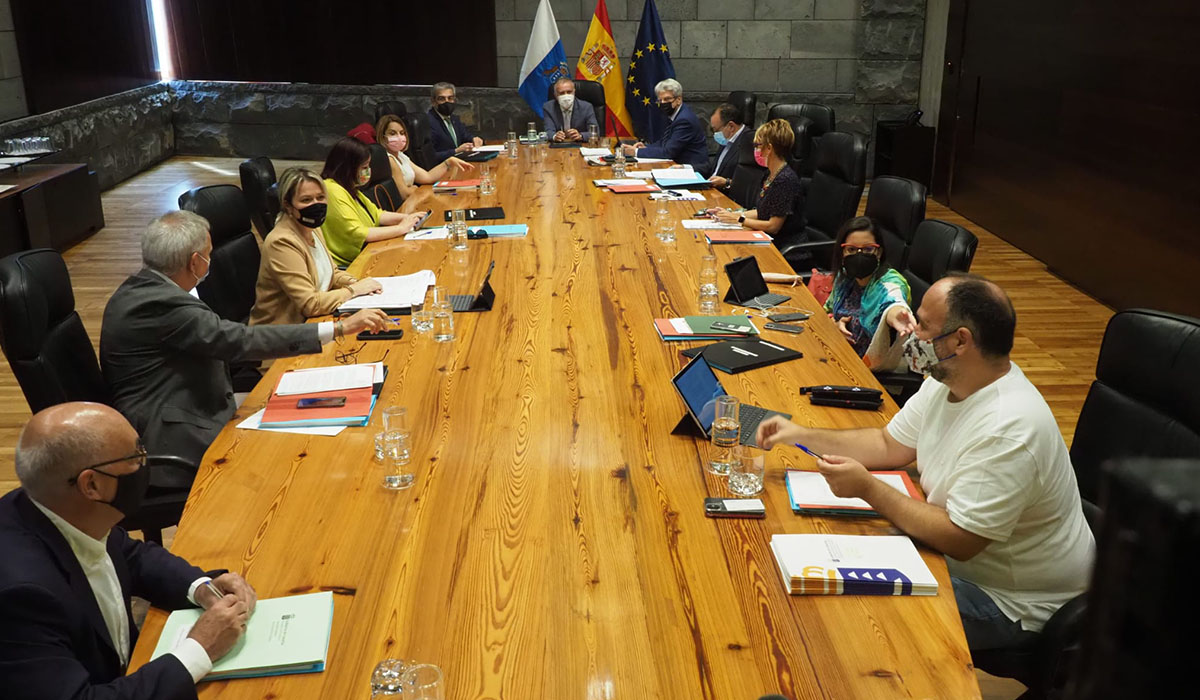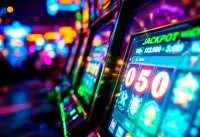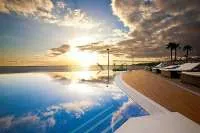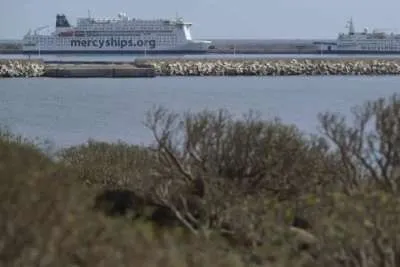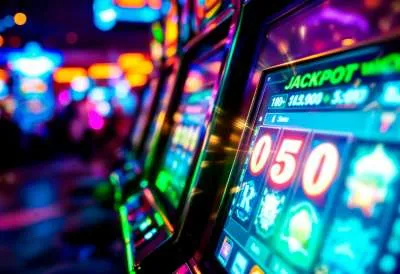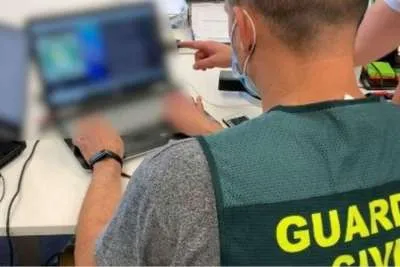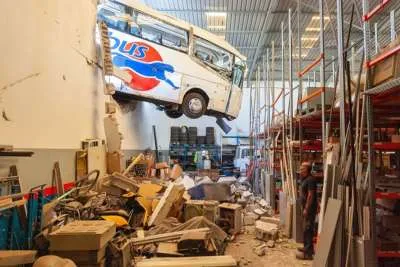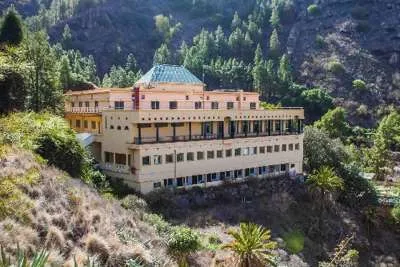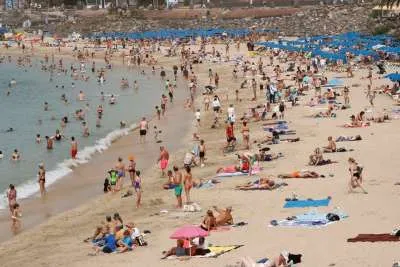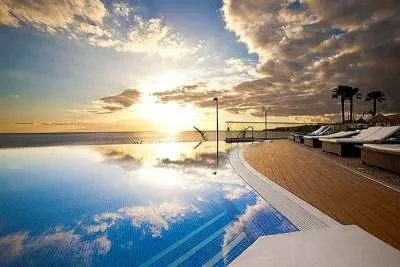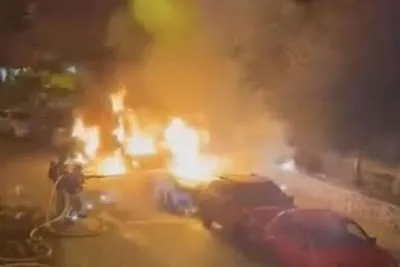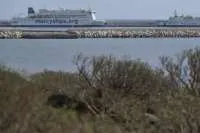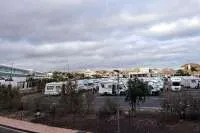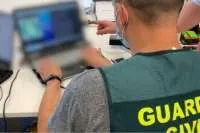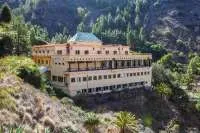ALERT LEVELS ARE STAYING: Government approves the decree of measures against Covid
- 02-09-2021
- National
- Canarian Weekly
The Governing Council of the Canary Islands has approved the decree-law which will be established to protect the Covid measures implemented in the last 18 months, after the rejections they received by the TJSC to put various measures in place such as the Covid certificate to access restaurants, the perimeter closure of the islands at extreme risk, and the curfew. The regulations will maintain the alert level system, but they have rejected the idea of a curfew due to fundamental rights.
The President of the Government, Ángel Victor Torres, said earlier this week that "it is an extensive document, with more than 75 pages and 28 articles" which seeks to bring together all the work carried out by the Canary Islands Government in health matters in the last year and a half, and aims to £end the contradictions on this issue”.
In other words, the Canary Islands will have, once it is approved by the Parliament of the Canary Islands and is processed as a bill, “a general legislative framework, with the force of law, which will arbitrate all measures in all the islands and all areas and aspects regarding the pandemic without needing approval from the courts.”
Torres stressed that the rule goes to the limit allowed by regional legislation and includes everything that has been carried out and implemented in recent months, a decree that is open to contributions from civil society and the rest of the political parties.
Vaccination certificate may be requested in certain circumstances:
The decree-law, which is being classed as "flexible" because it has been created with the consultation of the Ministry of Health, establishes that for certain work conditions and activities a certificate of complete vaccination against Covid-19 or diagnostic tests may be requested by employers. It also states that the Government will be able to modulate the measures by increasing or easing the restrictions accordingly for this.
In the press conference after the Governing Council meeting, Ángel Víctor Torres stated that the decree law is articulated as a mechanism for the future, in which measures are foreseen in the event that any territory has to go to Level 4.
“We must take into account the threats posed by the new strains of Covid”, commented the president of the Canary Islands, who said that the decree-law has almost 30 articles with various additional provisions, including Article 14, in which it is established that for some work activities, both public and private, a vaccination certificate or negative diagnostic tests for Covid-19 can be requested, and Article 23, which indicates that the Canary Islands Government Council may modulate to put more restrictions or lighten them.
He also advised that the alert levels must be established by the inter-territorial Health Commission, and when they update them, the same will be done in the Canary Islands.
Today the TSJC has established that:
- At Level 1 the capacity outside the establishments will be 100% and inside 75%, while the maximum number of people to meet is ten, and the closing time of hospitality establishments is set at 3am.
- At Level 2 the capacity outside the establishments will be 75% and inside 50%, while the maximum number of people to meet is six, and the closing time of hospitality establishments is set at 2am.
- At Level 3 the capacity outside the establishments will be 75% and inside 40%, while the maximum number of people to meet is four, and the closing time of hospitality establishments is set at 1am.
- At Level 4 the capacity outside the establishments will be 75% and inside 25%, while the maximum number of people to meet is four, and the closing time of hospitality establishments is set at 1am.
These will come into force after being published in the Official Boletin of the Canary Islands (BOC).
Other articles that may interest you...
Trending
Most Read Articles
Featured Videos
TributoFest: Michael Buble promo 14.02.2026
- 30-01-2026
TEAs 2025 Highlights
- 17-11-2025


